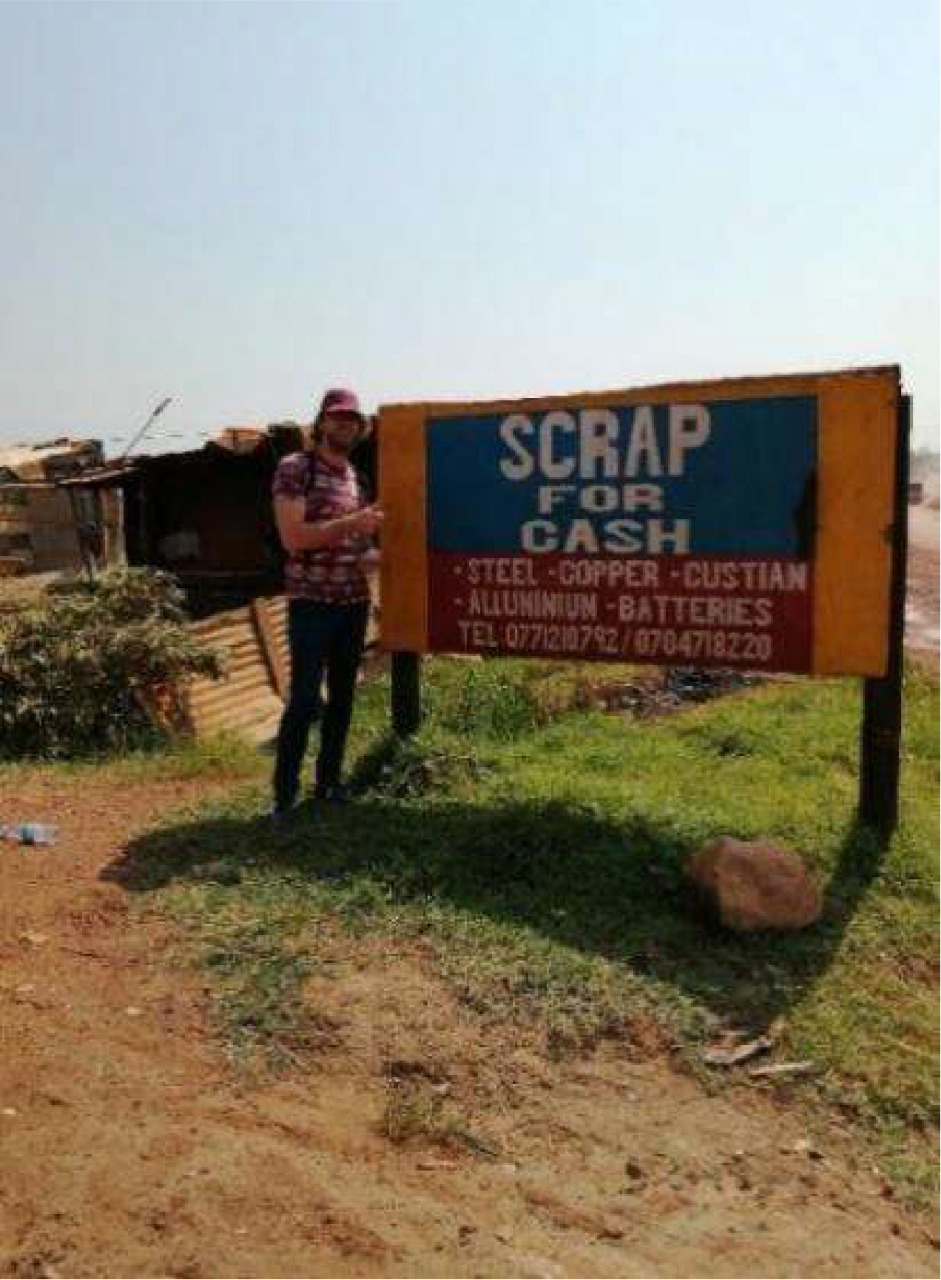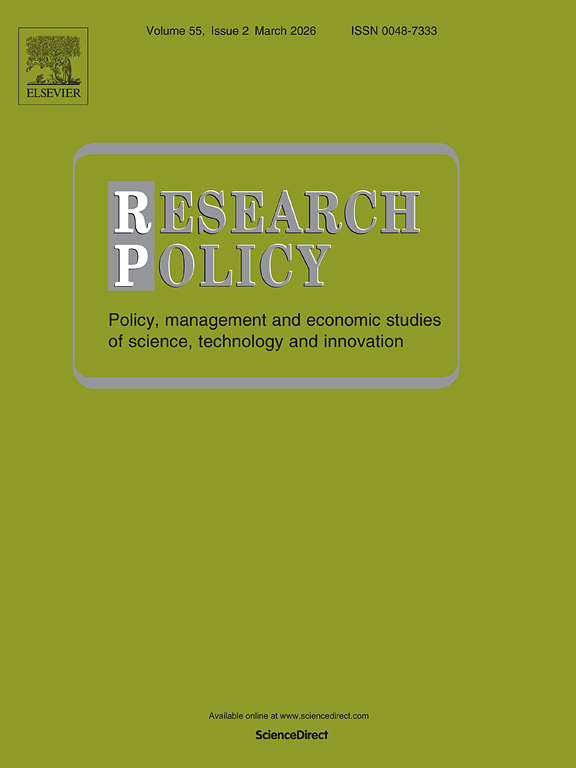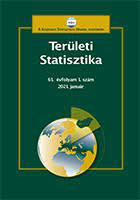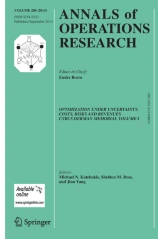We build a model in which a politician can persuade voters of a coherent alternative reality that serves to discredit the intellectual elite. In the alternative reality, members of the elite conspire, and criticize the politician’s competence because she disagrees with them about a divisive issue such as cultural values. The alternative reality is false, but if the voter believes it, he will distrust the elite’s criticism. This model makes several predictions. (1) The alternative reality is spread by low-quality politicians and reduces accountability. (2) The alternative reality is only spread in sufficiently divided societies, and the nature of the divisive issue—cultural versus economic—determines whether right-wing or left-wing politicians spread it. (3) Once the elite has been discredited, the voter will not trust its advice even in unrelated domains such as climate change. (4) The politician will follow policies (e.g., anti-vaccination) that contradict the elite consensus even if she knows those policies to be universally harmful, to avoid the appearance of being in the elite conspiracy. (5) Discrediting the elite creates demand for non-elite media outlets (e.g., Fox News), which spread misinformation to reinforce beliefs in the alternative reality and sustain that demand. We discuss evidence consistent with these predictions.
Menü
Industrial symbiosis potential in Uganda's Kampala Industrial and Business Park - Buda Gergely cikke megjelent a Sustainable Futures folyóiratban Tovább olvasom

Public preferences for aesthetic qualities of agricultural landscapes across Europe - Bakucs Zoltán és szerzőtársai cikke megjelent a Journal of Rural Studies folyóiratban Tovább olvasom

Mennyibe kerül egy rövid kényszerszünet? A munkahelyi távollét hatása a bérekre - Bíró Anikó és Bisztray Márta cikke megjelent a KRTK blogban a Portfolion Tovább olvasom

The software complexity of nations - Juhász Sándor, Johannes Wachs és szerzőtársaik cikke megjelent a Research Policy folyóiratban Tovább olvasom

Városperemi változások és településkörnyezeti differenciálódás a kecskeméti külterületeken,1960–2025 - a cikk a Területi Statisztika friss számában olvasható Tovább olvasom

One Man, One Vote, One Price - Kóczy Á. László és Sziklai Balázs cikke megjelent az Annals of Operations Research szakfolyóiratban Tovább olvasom




